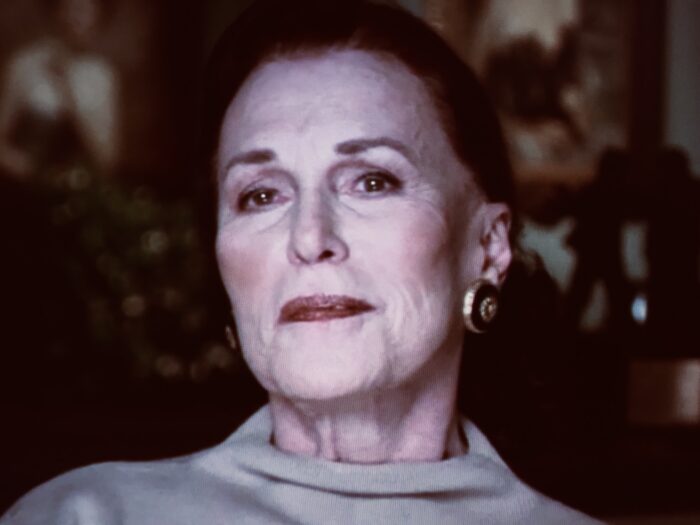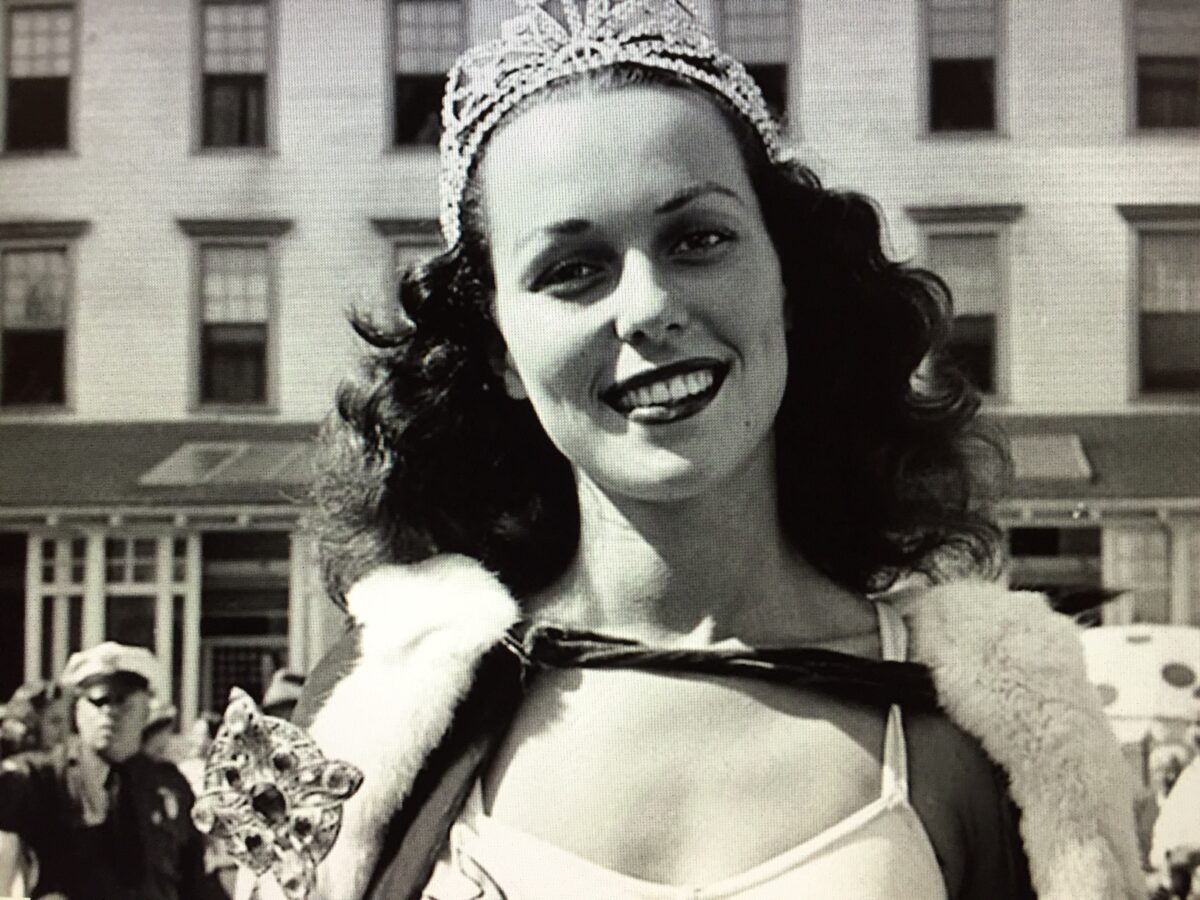She beat the odds.
Bess Myerson (1924-2014) was the first and still only Jewish woman to be crowned Miss America. She won that glittering prize in 1945, crashing through the glass ceiling of persistent and widespread antisemitism in the United States.
“She was the most important pretty girl since Queen Esther,” quips the narrator in David Arond’s fascinating documentary, The One And Only Jewish Miss America. It will will be screened online by the autumn edition of the Toronto Jewish Film Festival, which runs from October 22 to November 1.
Statuesque at five foot, ten inches, with flowing dark hair, Myerson was a gawky girl who felt awkward about her height while growing up in the New York City borough of the Bronx. But as she blossomed into a nubile and unusually beautiful woman, she realized that her overall appearance could be an advantage. From the moment she was chosen Miss America from a field of 40 competitors, Myerson realized she was a symbol, says her daughter, Barra Grant.
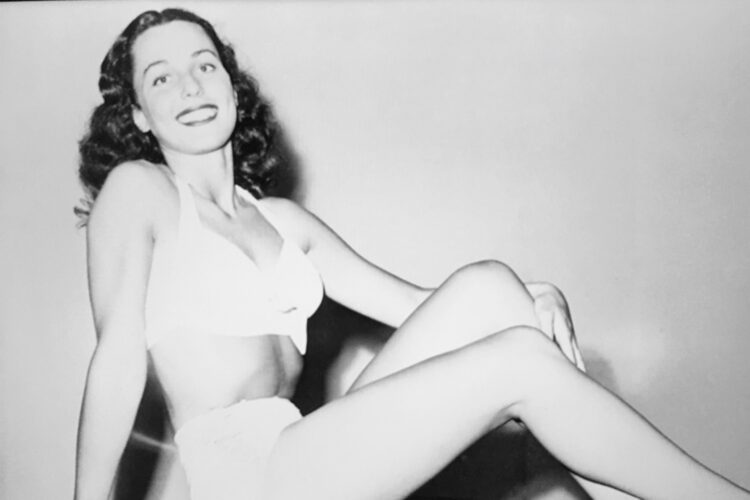
Although the United States lost 400,000 soldiers battling Nazism and Japanese imperialism in World War II, American society in 1945 was hardly a model of genuine democracy. Through Jim Crow laws and segregation, African Americans were oppressed as second-class citizens, while Jews, though Caucasian, suffered from explicit discriminatory practices in business, culture, employment and education.
This is the kind of toxic social environment that Myerson, the daughter of Russian working-class immigrants who settled in the United States in 1915, faced in mid-1940s America. Having triumphed at the Miss America pageant, she fought against institutional hatred and racism.
Myerson and her two sisters, Sylvia and Helen, were raised in the Sholem Aleichem housing complex. She was close to her father, a Yiddish-speaking house painter whose calloused hands bore the evidence of a hard life. She felt distant from her mother, who retreated into herself and grew hard after the premature death of her toddler son.
Drawn to music, she learned to play the piano and other musical instruments. And while she studied at Hunter College in Manhattan, she earned pocket money as a model and piano teacher.
Without Myerson’s knowledge, her older sister, a good looker herself, entered Myerson into the Miss New York contest, from which she emerged as the winner. This victory qualified her as a Miss America contestant.
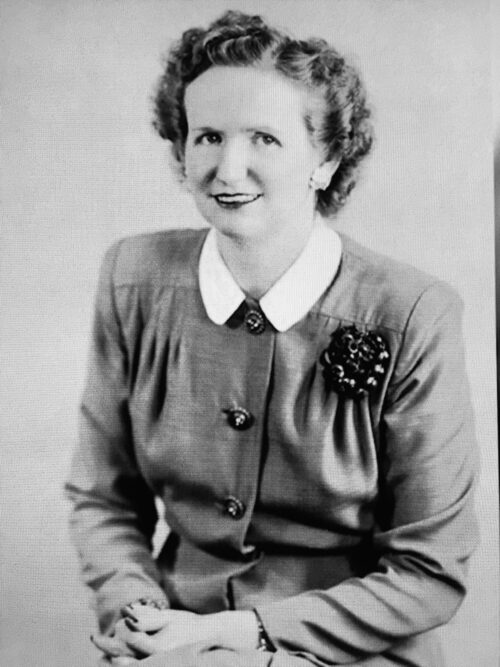
The pageant’s old school director, a Southerner named Lenora Slaughter, urged Myerson to anglicize her surname, but being loyal to her Jewish roots, she refused.
The Miss America contest, based in the seaside resort town of Atlantic City, had been exclusively about beauty, but starting in 1945, two new elements, talent and grace, were added to the program.
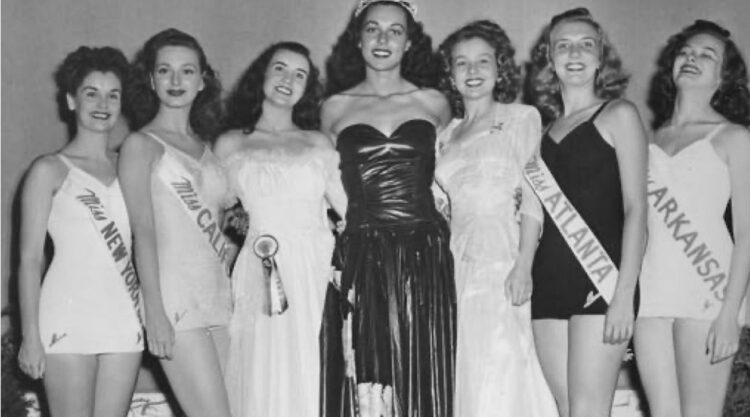
Myerson was filled with anxiety upon arriving there, but her self-confidence rose after an elderly Jewish couple told her that they regarded her as a representative of the Jewish people, and that she had been placed in the pageant to prove that Jews were not ugly.
Myerson excelled in the swimsuit, evening gown and talent components of the pageant. Her flawless renditions of Grieg’s piano Concerto in A Minor and Debussy’s flute piece were impressive, too.
Although one of the judges was plainly antisemitic, Myerson triumphed. Overcome by giddy joy, she felt accepted, appreciated and loved.
Disillusionment soon set in. Three out of the five Miss America sponsors decided not to use Myerson to promote their products. And as she toured the country, she bumped up against pure and unadulterated antisemitism. Hotels, resorts and country clubs refused to host Myerson, in a blatant reflection of the crass bigotry that afflicted the United States.
She was sorely tempted to withdraw from the tour, but changed her mind after the Anti-Defamation League encouraged her to use her platform to improve racial relations.
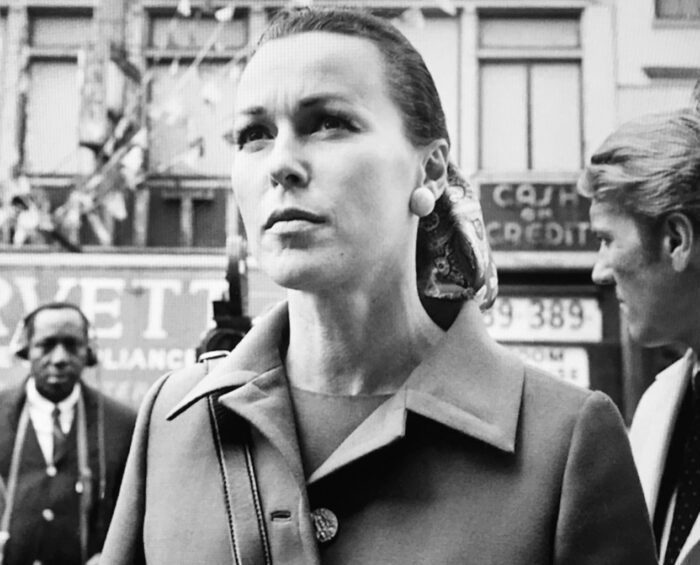
Myerson went on to enjoy a career in television, journalism and politics after 1945, but her claim to fame was the Miss America title she captured against all odds.
